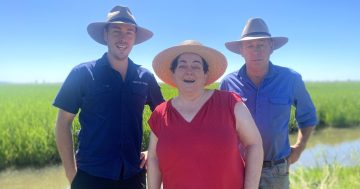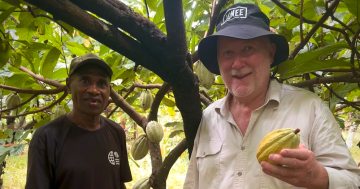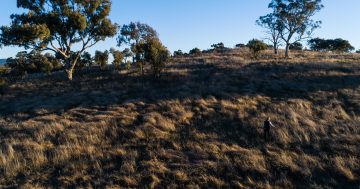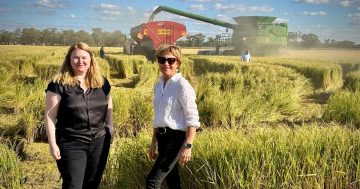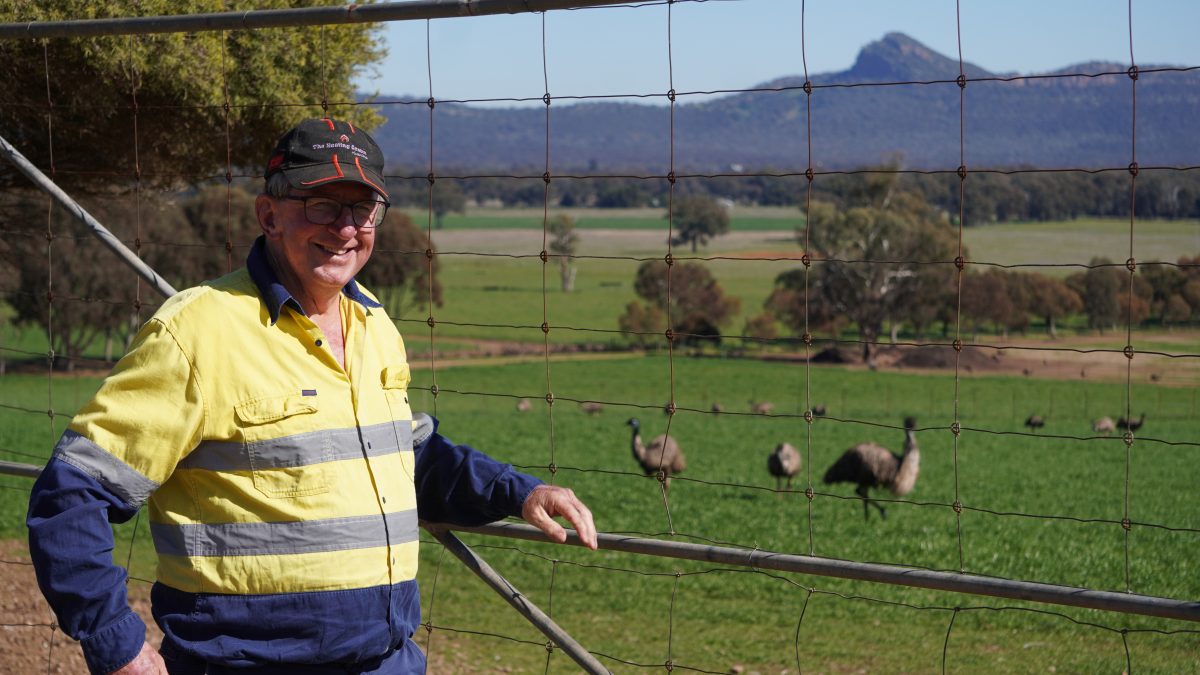
Ian Marston was one of a small number of emu farmers who held on after the industry folded in the 1990s. Photo: Chris Roe.
As you turn off the Olympic Highway and head up the hill towards the Marrocka Emu Farm, the sight of hundreds of birds grazing in a high-fenced paddock with sheep on one side and cattle on the other is somewhat startling.
A steady drumming noise echoes from a dozen throats as the curious creatures stalk up to the fence for a closer look and peer through the wire.
Ian and Marilyn Marston have been farming emus at The Rock, southwest of Wagga, for almost 30 years after buying a vacant block of land in 1991.
After leaving the Army, Ian was looking for something different and the emu trend was taking off in Asia and booming in Texas in the US.
“Well, I said to people, I wasn’t going to be a millionaire if I tried to grow sheep and cattle on 100 acres, so I thought I’d grow emu,” says Ian with a wry smile.
“And after 30 years, I’m still not gonna be a millionaire either!”
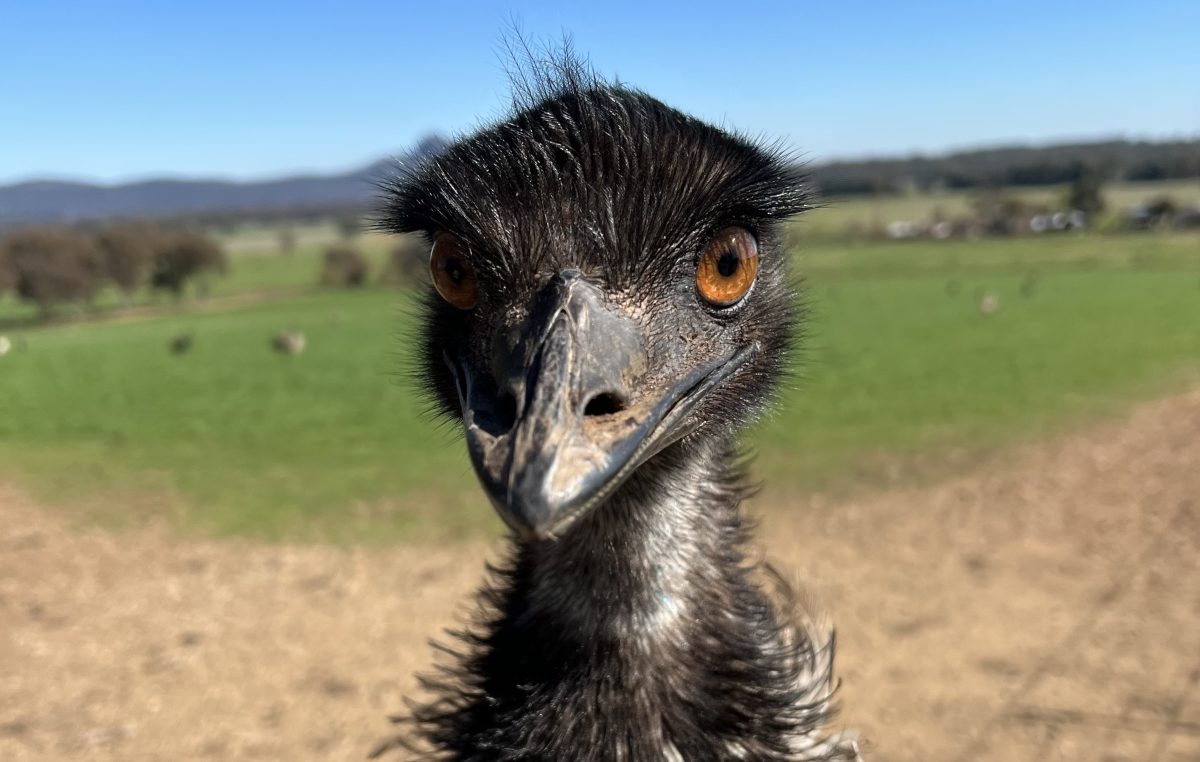
An emu with mischief in his eye moments before biting this journalist’s finger. Photo: Chris Roe.
While he laughs off the rise and fall of a craze that never quite caught on, Ian is one of a small number of farmers who stuck with it and are beginning to reap the benefits of a growing demand.
“Back when we started, it was a nightmare, because it was a new industry and nobody knew anything,” Ian says, reflecting on the dodgy operators and bad advice from the early days.
Before the bottom fell out of the industry in the mid to late 90s, a collective of Riverina emu farmers banded together to build an abattoir at Narrandera to process the oil and meat from emu and ostrich, or ‘ratites’.
“It ended up that we had heaps of product but no markets, so we had all this fat and oil in storage.”
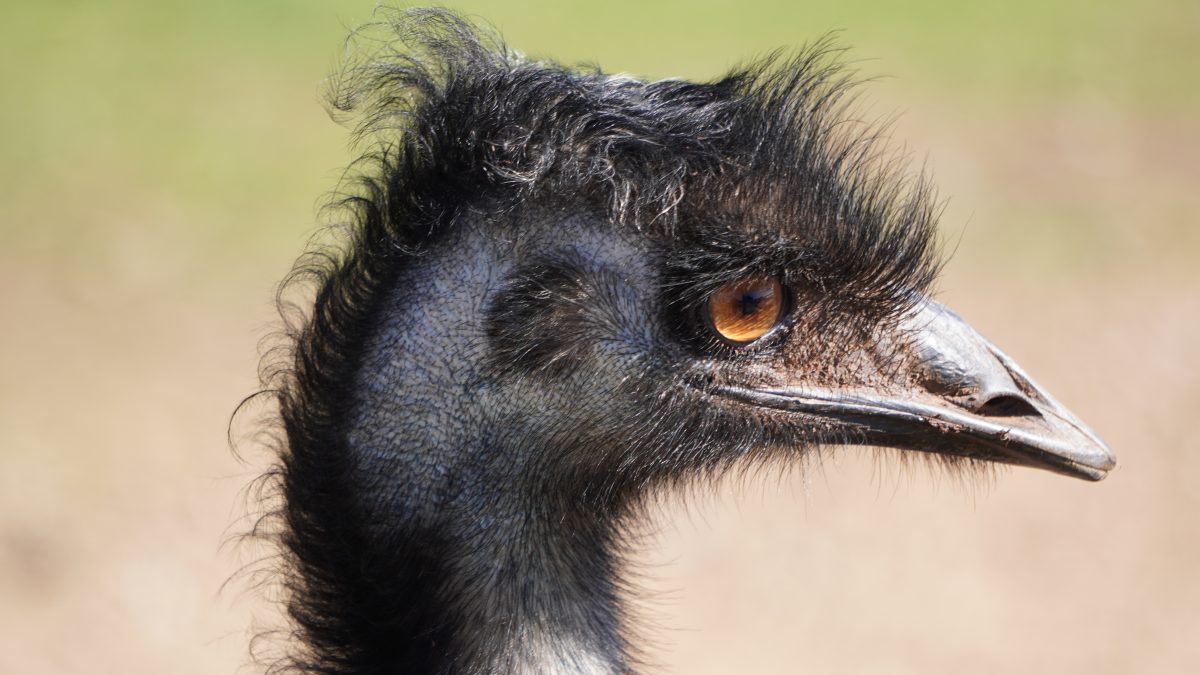
Emu oil and meat are growing in popularity after the discovery of unique health benefits. Photo: Chris Roe.
While many quit the game, Ian kept a small mob and generated some income from selling products and opening his farm to tour groups.
“In 2000, we’d sell oil for $5 a litre and so it wasn’t really worth it to process it, but we sold our fat and then these tours started, so I thought I’d get a few more chicks and keep it going in case the industry goes off,” he says.
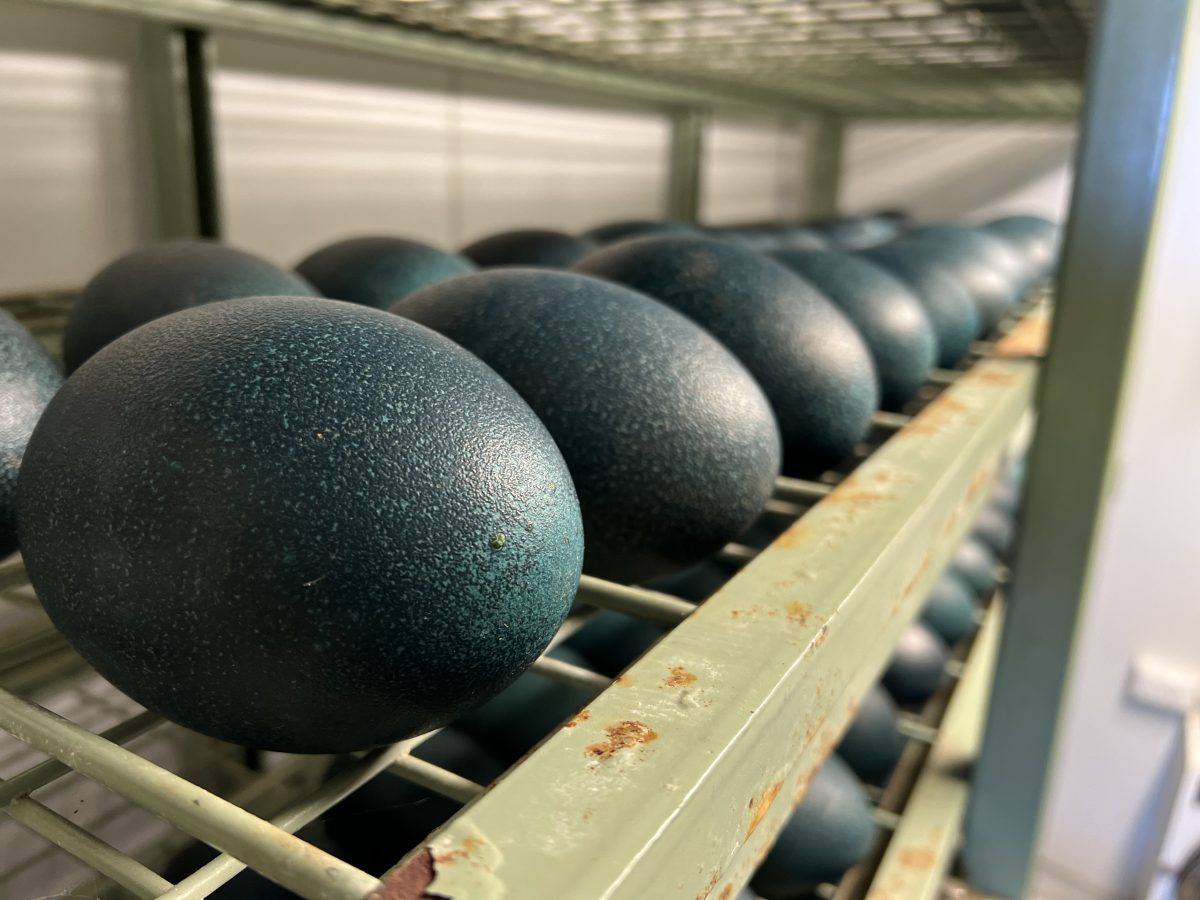
With growing demand, Marrocka Emu Farm is expanding its incubators. Photo: Chris Roe.
Over the decades the price slowly increased and in 2017, the industry saw a spike in interest after a US laboratory found that emu oil is the best source of the compound K2 MK4.
“They reckon K2 boosts your immune system like nothing else in the world,” says Ian, explaining that a story on the ‘miracle compound’ on the ABC’s Landline led to the entire industry selling out in just a week.
“Then at the same time, COVID hit and we had all this demand from the US and China, and we had no product!”
Ian and other farmers across Australia have steadily increased their mobs and he says the industry is in good shape with prices now up to around $150 per litre for emu oil.
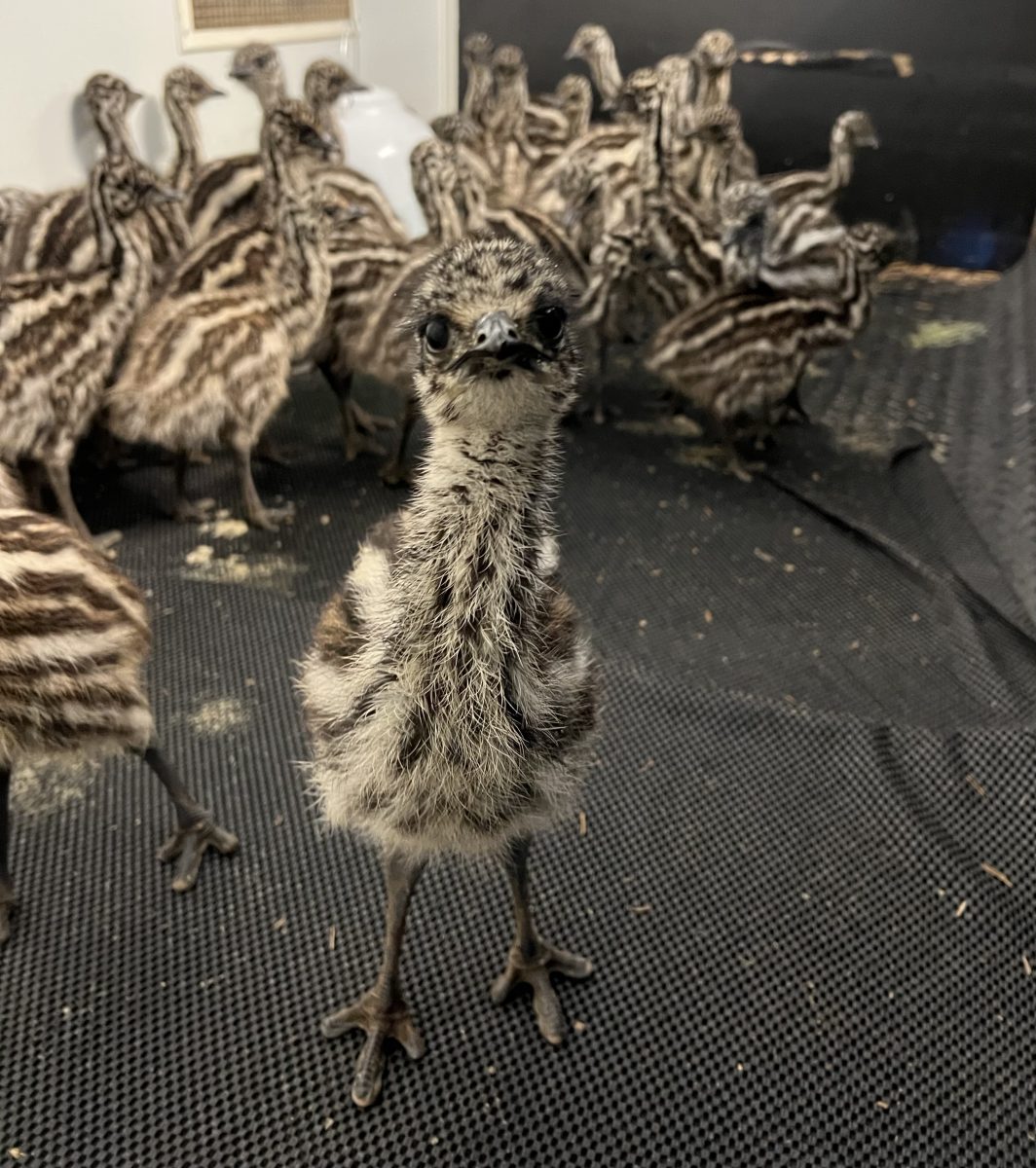
The emu chicks are always a hit with the growing numbers of visitors. Photo: Chris Roe.
He is also a fierce believer in the health benefits of the oil he takes every day and said that scientists were continuing to research K2 MK4 and indicate positive results.
“I really believe in the industry and I think it’s gonna go a long way, ” he says, reflecting that it may have come a little too late for him.
“I’m 70 now and I’m retired,” he chuckles.
“It’s gonna be hard to sell an emu farm. I would still try and be involved if I sold it to give them a hand and get them going.”
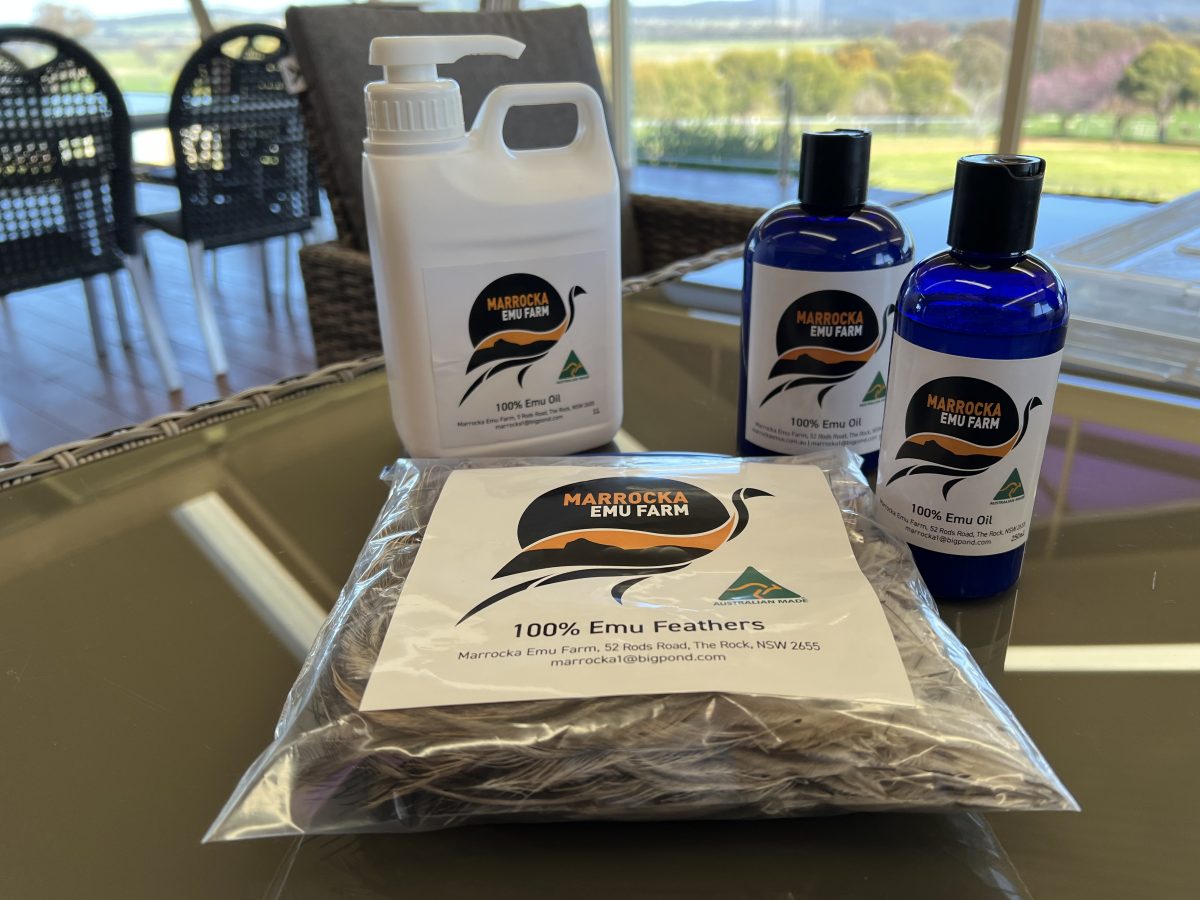
Marrocka Emu Farm sells a range of products including oil, feathers, leather and eggs. Photo: Chris Roe.
In the meantime, Ian is happy selling his oil wholesale and buying back the products to sell directly to the tours that he hopes to expand as the weather warms up.
“We can get 50 people in here at a time and they can have morning tea and I’ll give them a bit of a spiel,” he says, indicating his large back deck with its view over the emu paddocks and across the valley to The Rock.
“They can buy the products and get in and see the chicks and look around and then they can sit up here and watch the chicks running about.”
And after all the highs and lows of three decades wrangling the iconic birds, does Ian actually like emus?
“Oh yeah,” he says with a slow smile.
“They’re alright.”
You can learn more about the Marrocka Emu Farm here.
Original Article published by Chris Roe on Region Riverina.






